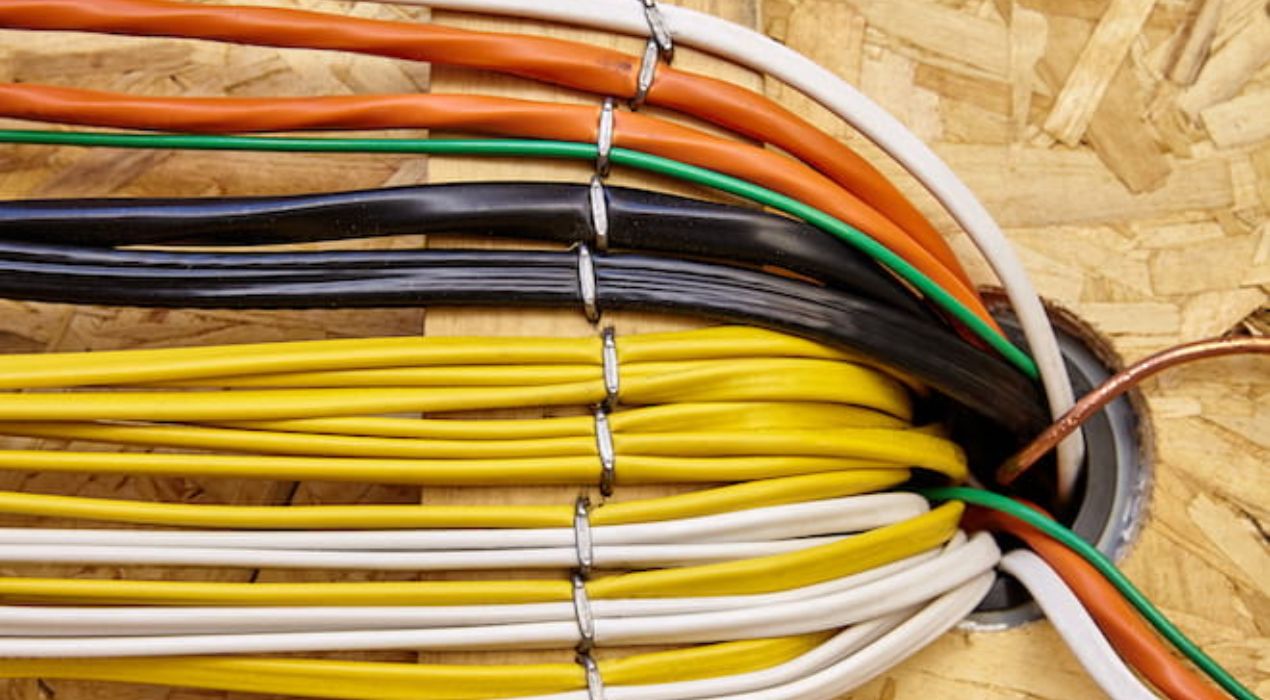Too Many Requests from Your Network
Please complete verification to access this content.
Rewiring a mobile home is a significant project that requires careful planning, technical expertise, and adherence to safety standards. In the UK, where electrical safety regulations are strict, rewiring a mobile home is not just about upgrading old wires—it’s about ensuring the home meets modern safety codes and is equipped to handle today’s electrical demands.
In this blog, we’ll explore the challenges of rewiring a mobile home in the UK and provide insights to help you understand the process better.
Why Rewire a Mobile Home?
Rewiring becomes necessary for several reasons:
- Aging Wiring: Older mobile homes may have wiring that doesn’t meet current safety standards or is prone to wear and tear.
- Increased Electrical Load: Modern appliances require more power, which older wiring systems may not handle efficiently.
- Safety Concerns: Faulty wiring is one of the leading causes of electrical fires.
- Regulatory Compliance: UK regulations mandate certain standards for wiring in residential properties, including mobile homes.
Challenges of Rewiring a Mobile Home
1. Limited Space
Unlike traditional houses, mobile homes have limited wall and ceiling space, making it tricky to run wires without damaging the structure.
2. Specific Materials
Mobile homes often use materials like thin drywall or aluminum siding, which can be more challenging to work with compared to brick or wood in standard homes.
3. Meeting UK Wiring Regulations
In the UK, electrical work must comply with Part P of the Building Regulations and the 17th/18th Edition of the Wiring Regulations (BS 7671). This means:
- Work must be carried out by a qualified electrician.
- Certain tasks require notification to the local building authority.
4. Accessing Existing Wiring
Accessing and replacing the existing wiring without causing structural damage is a meticulous task. It often involves carefully removing panels and ensuring they are reinstalled securely.
5. Budget and Time
Rewiring is both time-consuming and costly. It requires a thorough plan to minimize disruptions and avoid hidden expenses.
Steps to Rewire a Mobile Home
Here’s an overview of the rewiring process:
- Assessment and Planning A licensed electrician inspects the home to understand the existing wiring layout and identify potential hazards.
- Creating a New Wiring Plan A plan is designed to accommodate current and future electrical needs while adhering to UK regulations.
- Removing Old Wiring Old wires are carefully removed to prevent damage to the structure.
- Installing New Wiring New wires, outlets, and circuits are installed. Energy-efficient options like LED-compatible wiring can be considered.
- Testing and Certification The entire system is tested for safety, and a certificate of compliance is issued to verify that the work meets UK standards.
DIY vs. Professional Help
Rewiring is not a DIY-friendly project. Attempting to rewire a mobile home without proper training is not only dangerous but also illegal in many cases. Hiring a certified electrician ensures:
- Compliance with regulations.
- Safety for you and your family.
- Quality work that lasts.
How Buraq Electric Can Help
If you’re considering rewiring your mobile home, Buraq Electric is here to help. Our team of licensed electricians specializes in providing safe and efficient electrical services across the UK. We understand the unique challenges of mobile home wiring and deliver solutions tailored to your needs.
Final Thoughts
Rewiring a mobile home in the UK is undoubtedly a challenging task, but with the right professional assistance, it can be completed safely and efficiently. Whether you’re upgrading for safety, performance, or compliance, investing in quality rewiring work ensures peace of mind for years to come. For reliable and expert electrical services, contact Buraq Electric today!
